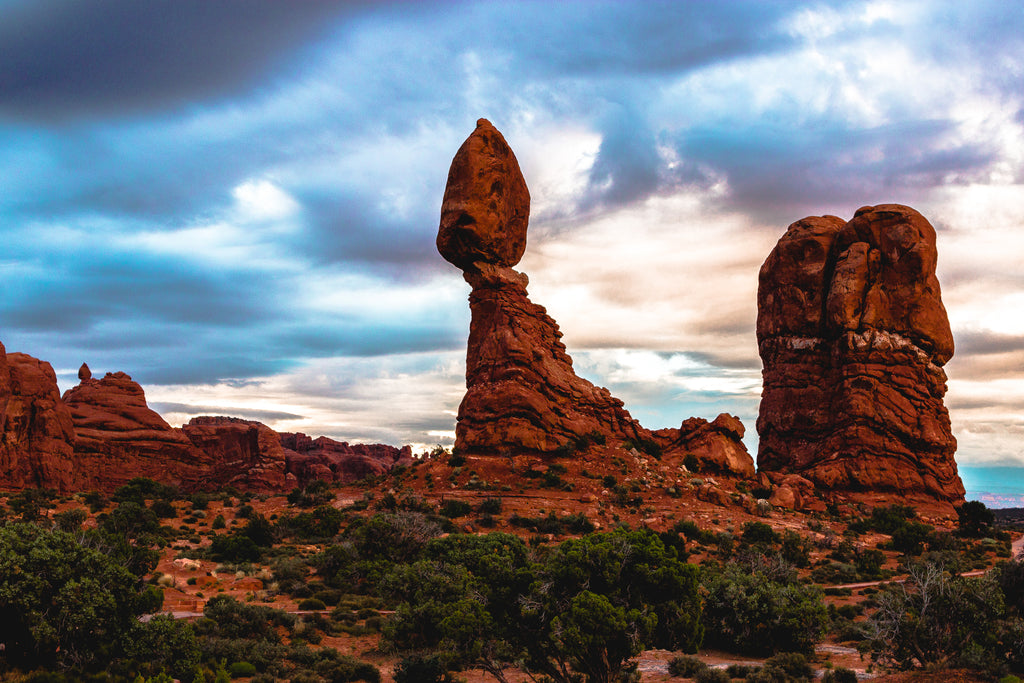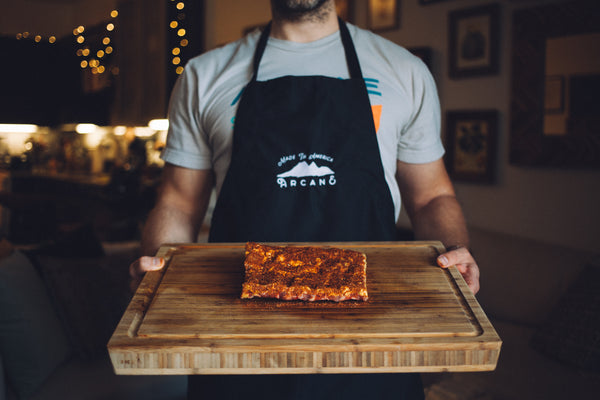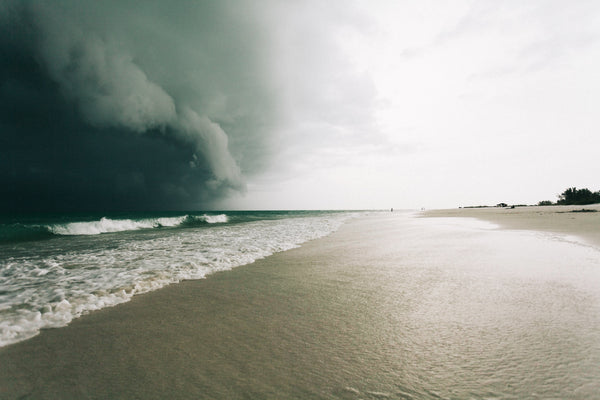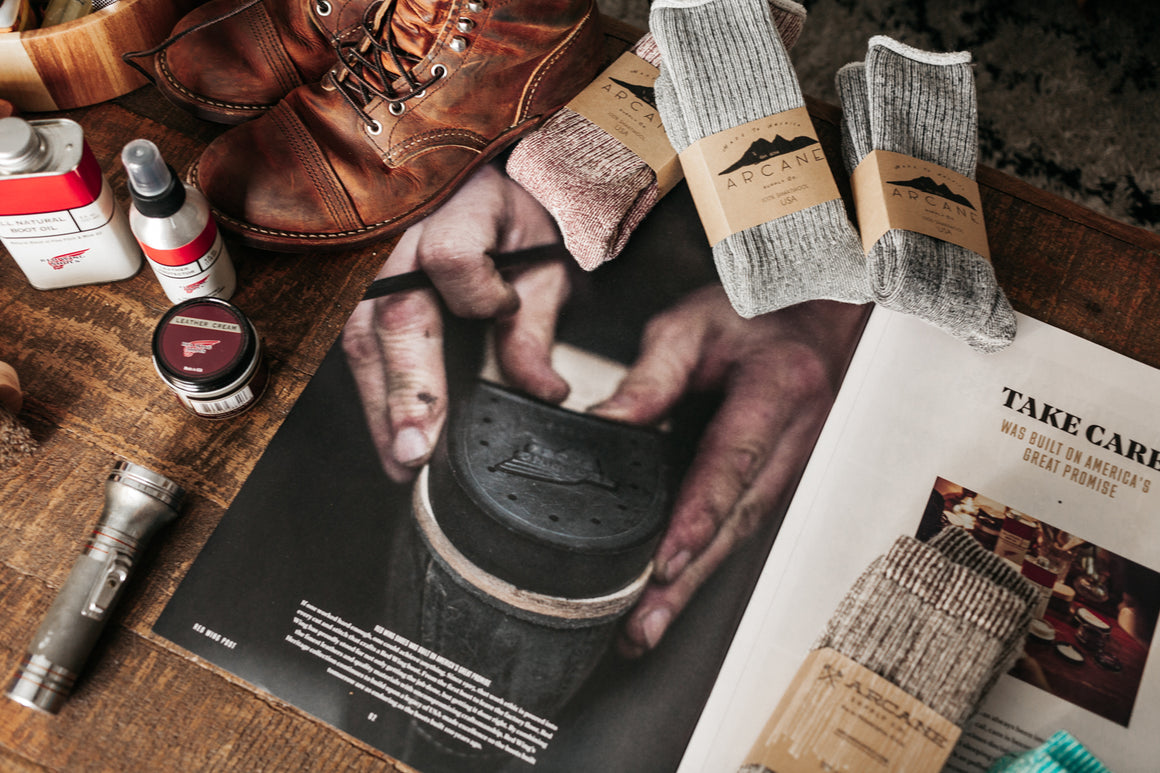HB Mertz - Post Processing and Advice
Today we're concluding our series focusing on newest team member HB Mertz and his photography. Read below for some of his tips on post processing and tips to emerging photographers...

What kind of tools do you use for post processing? Explain your work flow.
I work 100% in Lightroom from my computer, and then I'll use something like Snapseed or VSCO Cam on my phone for a few touchups, as phone screens and computer screens display the image a little differently, especially sharpening.
After importing, I'll remove chromatic aberration and profile corrections. Then I'll play around with the exposure and contrast to start (I'll tweak these continually through the workflow). Then I might add a VSCO preset, but I'll tweak it so much that its just used as a general base. From there, I'll adjust the tone curves, which is really important and you need to know how these work.
I'll work my way up from there, touching clarity a little and add a small amount of vibrance. I generally either turn down saturation or don't touch it at all. If you want that effect, stick with vibrance. After that, I might play around with the highlights, whites, and blacks a small amount. Next, I'll adjust the white balance and tint if this is needed before moving down to work with the color sliders. I don't play with these too much, but I like to individually work on a colors' luminance and saturation, rather than saturate the entire photo. One thing I've come to use a lot is turning the purple and magenta's saturation sliders all the way down when working with mountain shots. This helps to give them a better black feel. After this is all where I want it, I sharpen it using an algorithm I've come to like a lot. That's it.
Obviously, it's a little more complicated than that. I also use adjustment brushes heavily for correcting exposure and color in areas. I would really recommend knowing how to properly use this tool. You can do so much with it, and a lot of time it can do things that will prevent you needing to move the photo into Photoshop for small fixes.
While this is what I do, there are plenty of other proven workflows, and one isn't necessarily better than the other. I'm nowhere near the best out there and am continuing to learn each day. Find what works best for you and build from that.

How do you educate yourself to take better pictures?
At first, I scoured Instagram. I watched for people who posted settings they used or tips. I asked questions. People on Instagram are generally pretty nice and will answer some of your questions if you just ask them. Don't be afraid either- everyone was just starting out at one point too.
Lately, I've been relying a lot on friends in the community to challenge me, and by getting together with people for shoots, you learn so much. I just came back from a trip up to Vermont and New Hampshire where I got to shoot with three incredibly talented guys, and the whole time we were pretty much exchanging tips back and forth. I had never felt like I had learned so much in just a few days of shooting. One of those guys was my friend Brendan (@btonevibes), who is one of those guys that is just so crazy technical with his editing and is really educated on everything there is to know. He's an absolute pro, and really taught me a ton of tricks and tips that I had no idea even existed.
Just get out there and learn by doing. I can't stress that enough.

Among your works, which one is your favorite? Why?
It's almost impossible to choose just one! I've been to so many unique places, it's just not possible to pick one over another. I can certainly say that I find myself coming back time and time again to the ones that involved a crazy hike. I have a few images from Trolltunga, Norway, and Wildsee, Switzerland, that certainly stick out to me. And photos from the Southwest are definitely on the top of my list.
One thing I strive for is creating an image that I know can't be replicated, even at popular locations. This can be done in a bunch of different ways, like the season you're traveling in, creative framing, or adding something like a person into the image. There's something really satisfying about knowing nobody will ever be able to take a particular image that you have.

What is the one thing you wish you knew when you started taking photos?
This is going to sound super embarrassing... but, whatever. I really, really, really wish I had known how a 30mm lens on a crop body camera would look when shooting mountains. I traveled the west coast up to Alberta and back, with only one prime lens. I really didn't do a ton of research on my gear, and I quickly learned just how limited I was with what I had. I learned the hard way when standing at places like Moraine Lake, that the lens I brought was essentially useless unless I wanted a close up of a mountain peak. What a mistake that was. Do your research and practice before you hit the road for a trip before you waste opportunities like I did.
Any other advice?
- Pick a style of photography and editing that you love, and strive to excel in it.
- Practice. I've spent hundreds and hundreds of hours in Lightroom working on my editing style, and I'm still finding things that I can do better. The more time you spend doing it, the better you'll be.
- While focal length of lenses may matter, your camera and lens setup doesn't. A lot of my images that I've taken are so well post-processed that you can't even tell they were taken on a Canon t3i, unless you were to really blow them up. If you're good at what you do and know how to work your camera, you'll take quality photos, no matter the setup. A good camera doesn't instantly make you a good photographer.
- Enjoy it. There's a lot of pressure in the photography community, especially on Instagram, to do things a certain way. Don't lose sight of how much fun it is to take photos and adventure. It's all about the experience, good photos are just an added bonus.

If you would like to contact HB Mertz, you can reach him at (hb@wildernessculture.com). Follow his journeys on..
![]() @HBMertz
@HBMertz



HB Mertz
Author